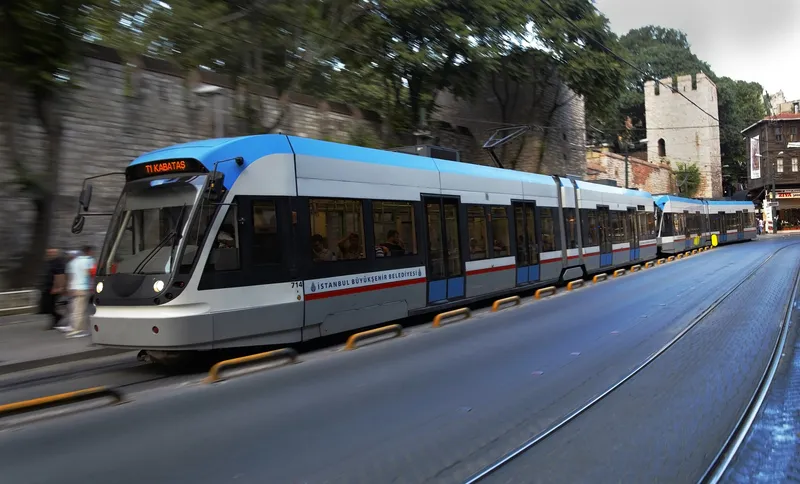The SEAM framework is a set of sustainable mobility policy guidelines aimed at helping cities alleviate congestion and reduce pollution.
Maya Ben Dror, WEF project lead, says decision makers can use the framework to “pick what is projected as impactful and feasible” and “design it to maximise emissions reduction as well as societal benefits”.
“It anticipates that some cities are more advanced in one of these three categories,” he continues. “But it is flexible enough that a city with no mobility policies can save valuable time and leapfrog ahead.”
The SEAM policy library comprises cost lever policies such as tax exemptions, parking fares and central district tolls. It also consists of space lever policies including passenger load and drop-off zones, dedicated lanes, zoning and parking.
Joseph Chow, deputy director, C2Smart University Transportation Center, New York University (NYU) says this study may help guide local governments grappling with “ways to address challenges arising from implementing solutions”.
“For example, cities like Los Angeles now employ mobility data specifications to make data interoperability possible for shared data exchanges,” he continues. “Such efforts may benefit from our research at NYU on privacy control for operator data-sharing, which is covered within the governance framework."
The policy library was developed with representatives of the Center of Competence Urban Mobility of BMW, Ford Greenfields Labs, Transport Practice at the World Bank, University of California, Davis and non-profit organisation ClimateWorks.
World Economic Forum unveils SEAM library
The World Economic Forum (WEF) has built a policy library and gathered modelling tools to help decision-makers implement Shared, Electric and Automated Mobility (SEAM) options.
The SEAM framework is a set of sustainable mobility policy guidelines aimed at helping cities alleviate congestion and reduce pollution.
Maya Ben Dror, WEF project lead, says decision makers can use the framework to “pick what is projected as impactful and feasible” and “design it to maximise emissions reduction as well as soci
July 31, 2019
Read time: 2 mins
The World Economic Forum (WEF) has built a policy library and gathered modelling tools to help decision-makers implement Shared, Electric and Automated Mobility (SEAM) options.








